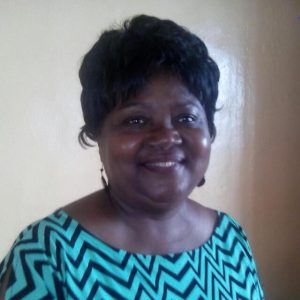 Perpetua N. Ngengwe is a PhD student in Anthropology at the Department of Anthropology, Catholic University of Cameroon – Bamenda. Perpetua’s full CV.
Perpetua N. Ngengwe is a PhD student in Anthropology at the Department of Anthropology, Catholic University of Cameroon – Bamenda. Perpetua’s full CV.
Her thesis is entitled “A Comparative Study of the Socio-Political Structure of Lower Fungom and Bafut: An Exploratory study to find out the relationship between the Socio-Political Organization of these two rural communities, and their competencies in local languages” and is co-supervised by prof. Paul N. Nkwi and Pierpaolo Di Carlo.
Summary of Perpetua Ngengwe’s PhD thesis
A Comparative Study of the Socio-Political Structure of Lower Fungom and Bafut: An Exploratory study to find out the relationship between the Socio-Political Organization of these two rural communities, and their competencies in local languages
This study aims at identifying the sociopolitical aspects in Lower Fungom and Bafut communities that impact the competences of the two communities in their local languages. Located in a geographic area of exceptional linguistic diversity – i.e. the Cameroonian Grassfields – Lower Fungom offers an extreme case of language diversity. The language ideologies of Lower Fungom have been shown to be at the roots of the local conceptualization of rural communities as embodying separate linguistic communities and, at the same time, to be among the main factors fostering individual multilingualism. Bafut, in contrast, is a relatively large and a more homogenous rural community and has been observed to have a lower degree of language diversity and relative absence of individual multilingualism. These two communities have also been shown to have different sociopolitical models; Lower Fungom can be classified as semi-centralized and Bafut as centralized. The aim of my study is to draw a contrastive analysis of select features of the two cultural-linguistic complexes.